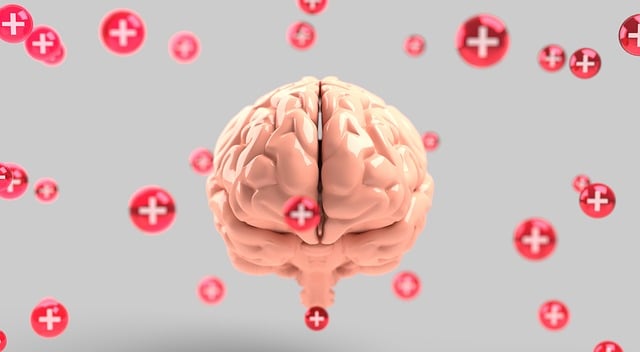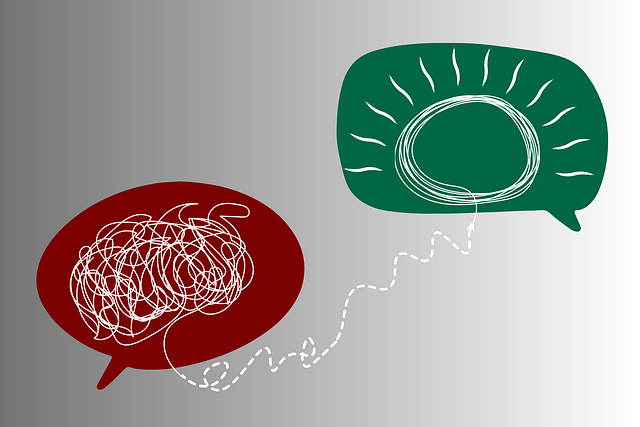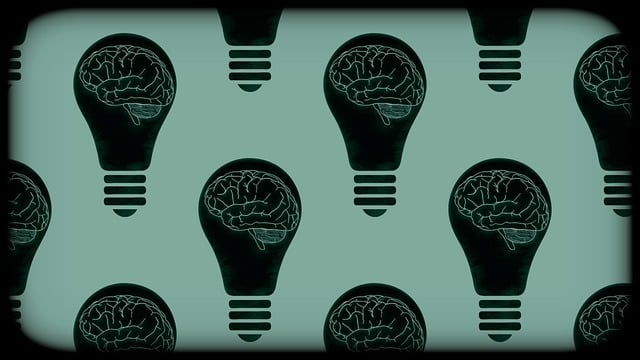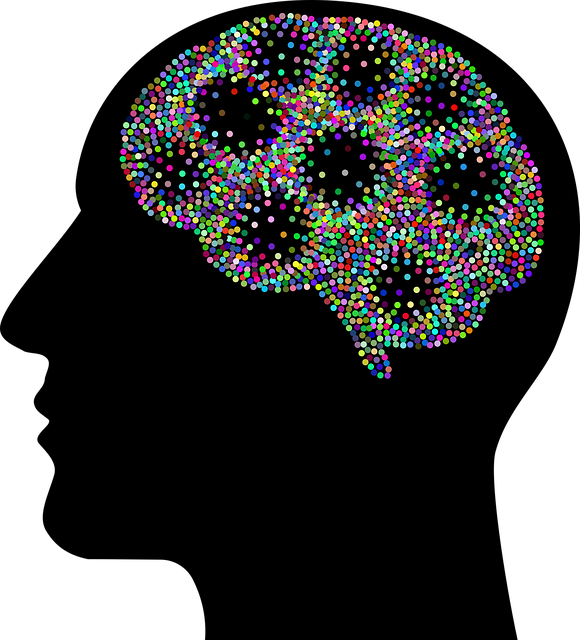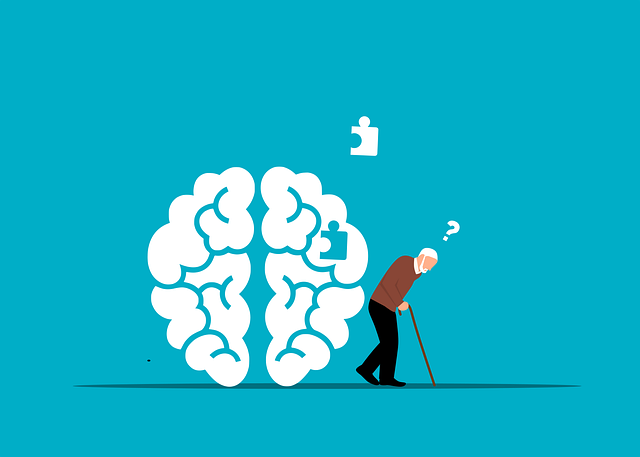Community outreach programs provide essential therapeutic support for children from at-risk groups with limited access to mental health care, focusing on anger management and emotional healing through workshops and peer networks. Using culturally competent training and wellness journaling, these initiatives equip kids with tools for emotional regulation and improved emotional intelligence. Tailored therapy, group sessions, and interactive activities foster resilience and open communication while measuring success through participant satisfaction, standardized metrics, and long-term outcomes like reduced behavioral issues or academic improvements.
Community outreach programs play a pivotal role in enhancing children’s wellbeing. This article delves into the significance of these initiatives, focusing on anger management as a pressing issue among youth. We explore effective therapy strategies tailored for outreach settings and emphasize the importance of evaluating program success through robust evaluation methods. By understanding the impact of community outreach, identifying specific needs like anger management, and measuring effectiveness, we can ensure therapy for children that makes a tangible difference in their lives.
- Understanding Community Outreach and Its Impact on Children's Wellbeing
- Identifying the Need for Anger Management Programs in Youth
- Strategies for Effective Therapy Implementation in Outreach Settings
- Measuring Success: Evaluating the Effectiveness of Community Outreach Programs
Understanding Community Outreach and Its Impact on Children's Wellbeing

Community outreach programs play a pivotal role in enhancing children’s wellbeing by addressing fundamental needs often overlooked within traditional healthcare settings. These initiatives aim to bring therapeutic services directly to communities, particularly focusing on at-risk populations and those with limited access to mental health resources. By integrating therapy for children, including anger management strategies, outreach workers foster an environment conducive to emotional healing processes.
Through compassion cultivation practices and interactive workshops, community outreach breaks down barriers and promotes mental health policy analysis and advocacy. Such programs not only equip children with coping mechanisms but also encourage peer support networks, fostering a sense of belonging and enhancing overall resilience. This holistic approach ensures that children receive the necessary tools to navigate challenges, leading to improved emotional wellbeing and a brighter future.
Identifying the Need for Anger Management Programs in Youth

In today’s digital era, it’s becoming increasingly evident that youth are facing unprecedented challenges when it comes to emotional regulation and anger management. This need is often overshadowed by bustling metropolis and their seemingly vibrant tapestry of activities, but beneath the surface lies a complex web of issues affecting young minds. As such, there’s a pressing requirement for effective community outreach programs focused on introducing therapy for children struggling with anger management. Such programs can play a pivotal role in addressing the growing concern of mood management among youth.
Identifying the need involves understanding the nuances of adolescent development and the impact of various external factors. For instance, cultural competency training for healthcare providers is essential in recognizing that anger issues might manifest differently across diverse communities. Additionally, integrating mental wellness journaling exercises can provide guidance for young individuals to explore and express their emotions constructively. By implementing these initiatives, community outreach programs can empower youth with tools to navigate challenging situations, fostering improved emotional intelligence and overall mental wellness.
Strategies for Effective Therapy Implementation in Outreach Settings

Implementing effective therapy within community outreach programs requires a tailored approach to meet diverse needs, especially when focusing on children’s emotional well-being. One key strategy is to integrate anger management techniques into the outreach setting, as uncontrolled anger can significantly impact a child’s ability to connect with others and succeed in various environments. By teaching children healthy coping mechanisms and providing them with tools for emotional regulation, community therapists can empower them to navigate challenging situations.
Additionally, fostering positive thinking and self-esteem improvement should be central to the therapy process. Outreach programs can utilize group sessions or interactive activities that encourage open communication, allowing children to share their experiences and learn from one another. This supportive environment promotes positive self-perception and builds resilience, which are essential for managing anger and improving overall emotional health.
Measuring Success: Evaluating the Effectiveness of Community Outreach Programs

Measuring success is a vital component of community outreach programs, especially when focusing on sensitive issues like children’s therapy and anger management. Evaluating the effectiveness of these initiatives ensures that resources are allocated efficiently and positive change is being fostered within the community. One key metric could be the number of individuals or families directly served by the program, with specific attention to demographics and the impact on their mental wellness.
For instance, a community outreach program offering therapy for children and anger management workshops can assess success through participant satisfaction surveys, tracking improvements in emotional regulation and conflict resolution skills using standardized tools. Additionally, measuring long-term outcomes such as reductions in behavioral issues or improved academic performance (as indicated by Depression Prevention strategies) can provide powerful evidence of the program’s effectiveness. These evaluations not only hold the potential to enhance current services but also guide the development of Mental Wellness Coaching Programs, ultimately contributing to a healthier and more resilient community.
Community outreach programs, particularly those focused on anger management for youth, can significantly enhance children’s wellbeing. By implementing effective therapy strategies in accessible settings, these programs offer a promising path towards positive behavioral changes. Measuring success through thorough evaluations ensures the impact of these initiatives is tangible and long-lasting. Integrating therapy for children with anger management issues into community outreach strengthens local support systems, fostering healthier and more resilient youth.




